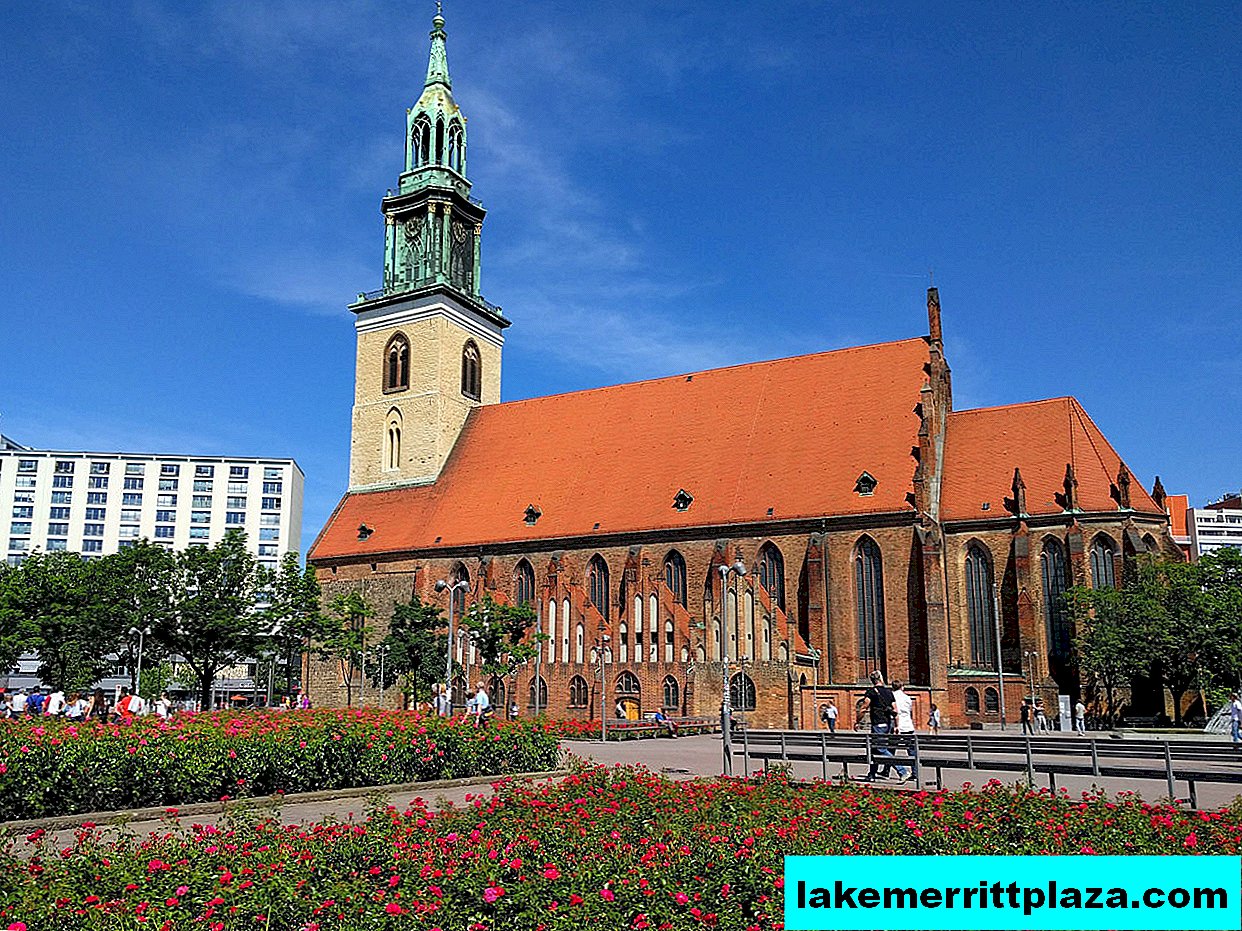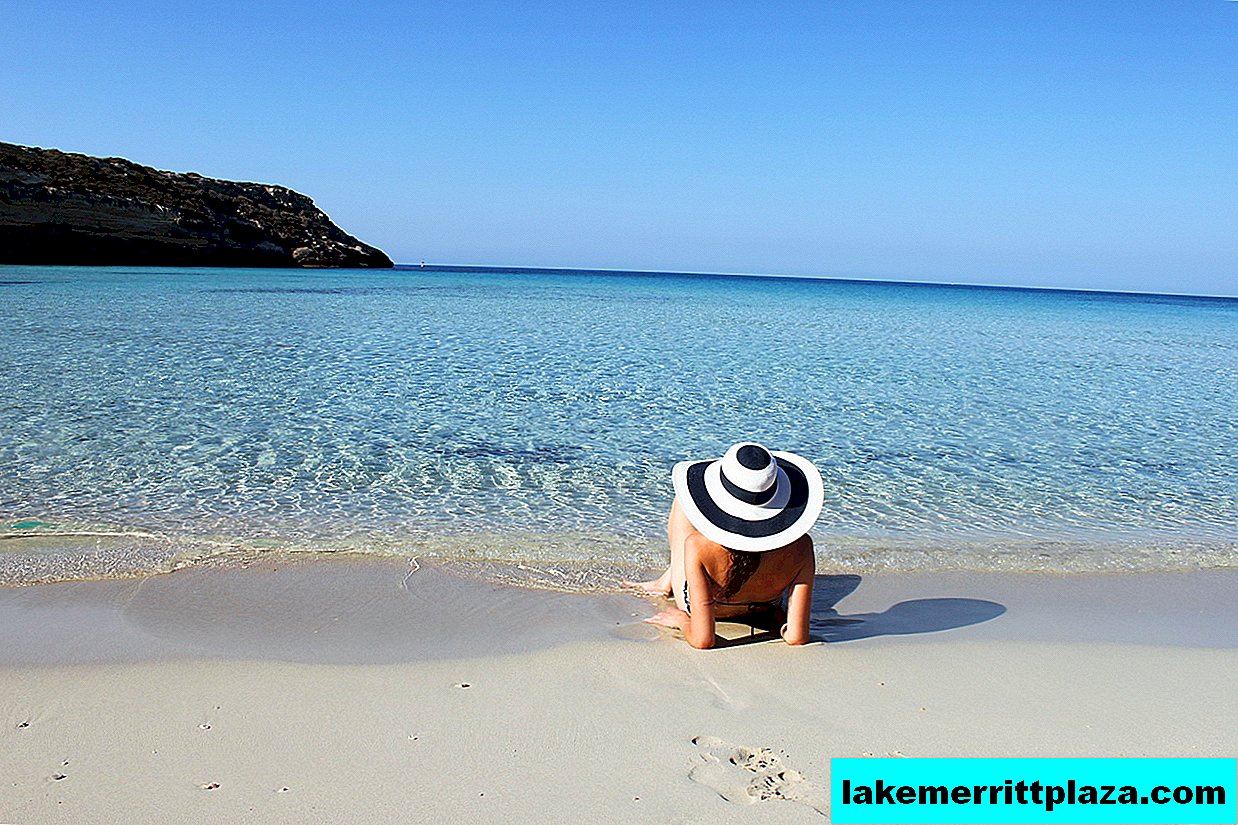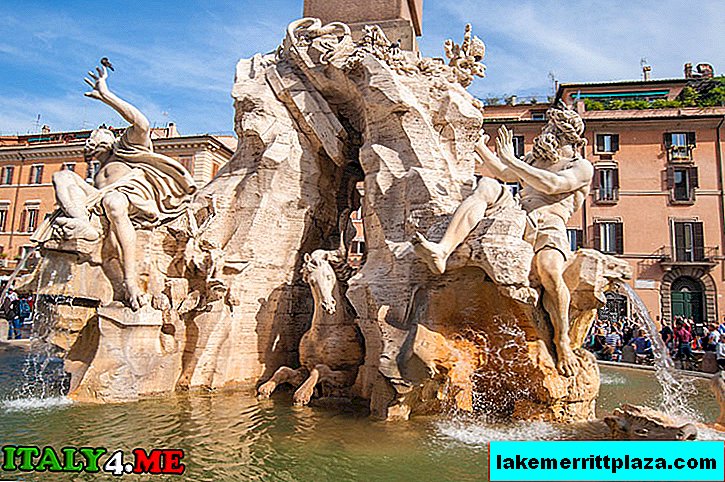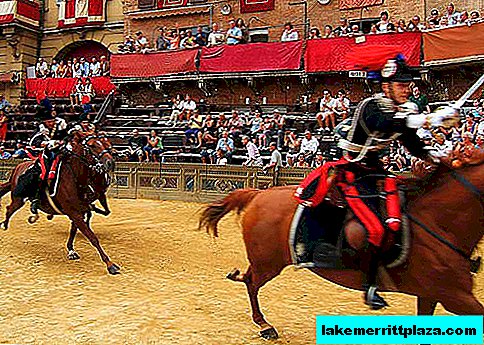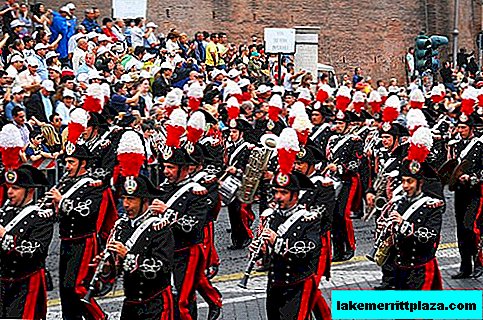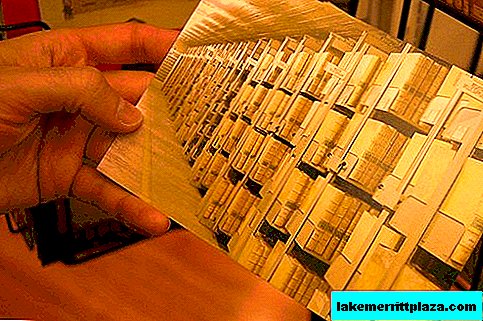The number of foreigners working and living in Italy already exceeds 5 million. This southern country also attracts our compatriots. What can you count on, how and where to look for work in Italy, and what resources are worth paying attention to? BlogoItaliano tried to find answers to these and other questions last weekend of the outgoing winter.
During the crisisfind a job in Italy it is difficult for both highly qualified specialists and applicants in the field of low-skilled labor.The most popular specialties in Italy now - economists, programmers, accountants, nurses, maintenance staff. However, here the crisis has not changed much - rather, it has only increased competition for vacant positions in an already tight market.
Work in Italy for foreigners in times of crisis
Finding a job for domestic specialists in highly competitive fields is very difficult. Counting on work in tourism is also not always worth it: the labor market here is quite dense and without connections and recommendations will have to be tight. Graduates of philological faculties can take the vacancy of a teacher or tutor, because in the study of foreign languages in Italy, preference is always given to their speakers - linguamaterna. But existing qualification documents will need to be confirmed by legalized translation.
It is also very realistic to find work in Italy in the service sector. Across the country, there are many different bars, cafes, restaurants, small hotels, private enterprises, in which many foreigners work. Women who speak English or Italian can also apply for a job as a salesperson or assistant in numerous shopping centers.
The chances of finding a job increase the knowledge of the language and the availability of permesso di soggiorno, which gives the right to legal stay in the country. It happens that employers patiently wait for visiting applicants to master a conversational minimum, but, with rare exceptions, preference is always given to people who are fluent in Italian.
Salaries in Italy for foreigners
It is easier for women to find work in Italy: they are often taken to the house as nannies, housekeepers, carers for the sick or elderly. Men are much more difficult in this regard, but a lot of jobs are created for them during periods of seasonal work. For a more efficient search for such vacancies, you should contact employment agencies at the beginning of the year, but seasonal workers are not indulged in high earnings - their average earnings are 450 euros per month.
Job search in the south of Italy is quite difficult - even local residents experience a lack of open vacancies. In the north of the country - in the industrial regions of Italy - the situation is better: here you can find work in factories, factories, small private enterprises, and earnings can reach 1200 euros per month. The average salary among immigrants from the CIS countries is 700-1000 euros. There are, of course, pleasant exceptions, however, we recall that we are talking about averaged indicators.
Useful job search sites in Italy
Perhaps the most effective way to look for work in Italy is through popular newspapers and specialized websites that feature offers from employers and agencies from all regions of the country.
Work in Rome
(Rome employment agencies, employers' offers)
- kijiji.it
- it.jobrapido.com
- portaportese.it
Jobs in Milan:
- agenziaestmilano.it
- milanofree.it
- biancolavoro.it
- gigroup.it
Work throughout Italy:
- lavoro.it
- subito.it
- vivastreet.virgilio.it
- bakeca.it
- ebay.it
- it.ask.com
- pollicino.com
- guidannunci.it
- okdimmi.it
- www.it.jobrapido.com
- startpeople.it
Important: When trying to find work in Italy, remember that legal status provides significant advantages - state guarantees and a certain level of social protection. Although obtaining such documents is not easy, they will greatly facilitate your life in the future. Employers, guided by pragmatic and utilitarian considerations, often resort to an informal form of employment or, more simply, to open exploitation.
Photo by ltbeyer

